Spring means the start of motorcycle season! Before you hit the road, it’s important to remember that motorcycle riders are vulnerable road users. You don’t have the protection those in a motor vehicle have and are more likely to be injured or killed in an accident.
Before you get your bike out on the road this spring, there are safety measures you should take to prepare it for the first ride of the season:
Wash your bike: After hibernating all winter your bike will need a spring clean before anything else. This will also help you spot anything suspect, like loose nuts and bolts, nails in the tire, or missing brake levers.
Monitor tire pressure: Motorcycle tires are designed to operate over a very small pressure range. The sportier the tire, the narrower the range. Tires will always lose air over time. Find the optimum pressure for your tires to balance the stick and mileage, then monitor the pressures weekly to stay in that sweet spot.
Check the tire condition: Lots of treads aren’t good if your tires are 10 years old, as rubber hardens with age and traction decreases.
Double-check brakes: Do a visual inspection of pads and discs. If you have drum brakes, the arrow on the actuating arm will give you some indication of the wear. Like tires, your brake pads’ performance will decrease gradually with age. A lot of brake fluids are hygroscopic, meaning they will absorb water. When that happens, your fluid boiling point decreases and your brakes might get spongy. New fluid every spring is a great idea.
Pay attention to lubricant: If you have a chain, check its tension and condition and feed it lube on the regular. A broken chain can become a safety concern as it locks the back wheel or leaves you stranded. If the broken chain decides to wrap around your countershaft sprocket you can get cracked engine cases.
Arm yourself with the right tool: If you are up to your own maintenance make sure you have the right tools. Knowledge can be gained in service manuals, YouTube videos and courses. If not, establish a good relationship with your local service department and let them work on it.
Need brushing up on your motorcycle safety skills? Check out our Motorcycle Training Program – courses are available for new, experienced, and veteran riders.
